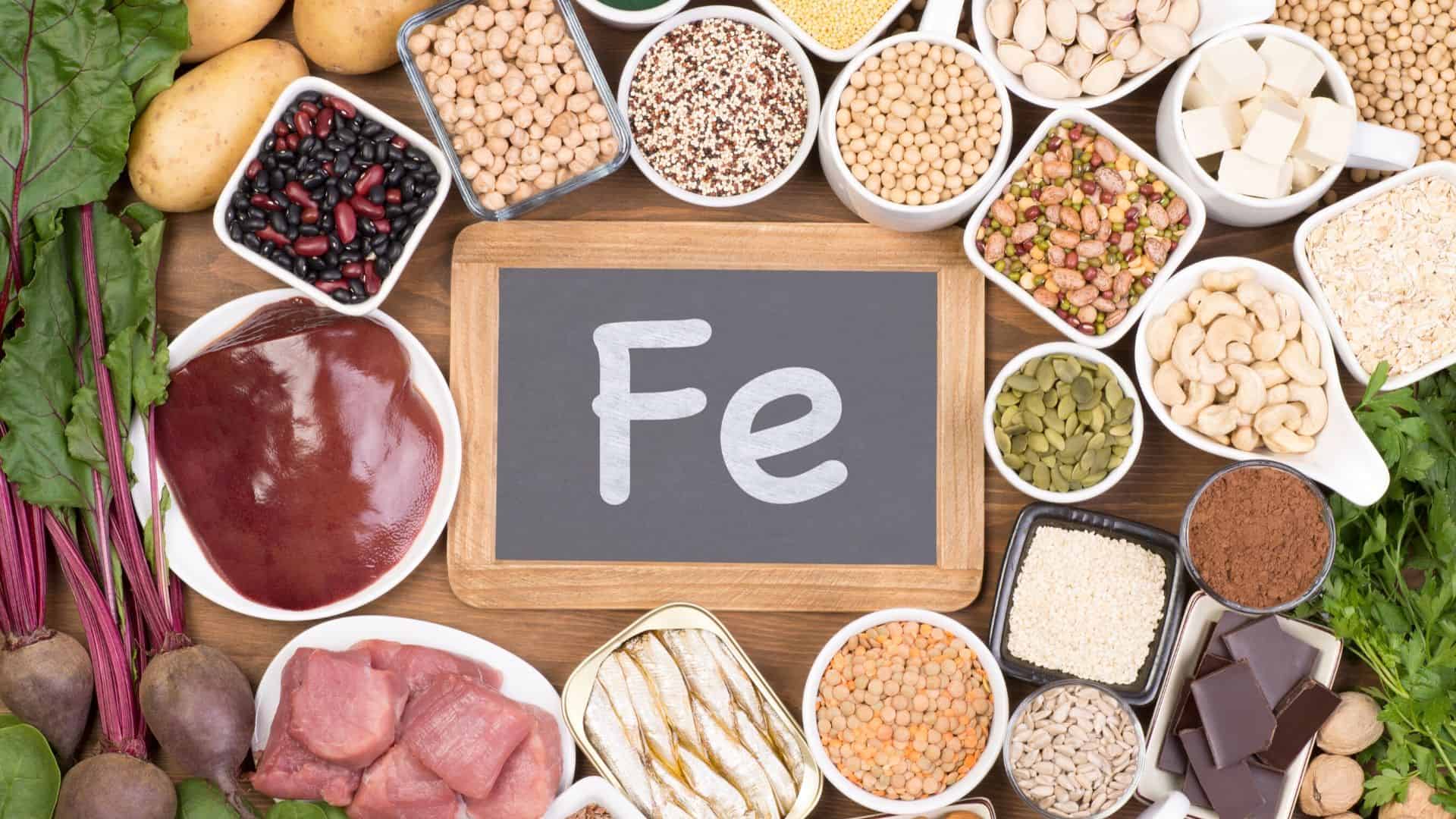The Pros and Cons of Consuming Basil Seeds
Basil seeds, also known as Sabja seeds, have been used for centuries in traditional medicine practices across Asia. They are a great source of fiber, vitamins, minerals, and antioxidants. However, like any other food, basil seeds come with their fair share of side effects. In this article, we will explore the pros and cons of consuming basil seeds, including its side effects, especially during pregnancy.
What are Basil Seeds?

Basil seeds refer to the tiny black seeds that come from the plant Ocimum basilicum, commonly known as sweet basil. These small black seeds are loaded with essential nutrients, including dietary fiber, protein, iron, calcium, and omega-3 fatty acids.
Basil seeds are commonly used in Asian cuisines, including desserts, drinks, and curries. They can be consumed raw or soaked, which makes them swell up and form a gel-like substance around the seed.
How to Consume Basil Seeds
Basil seeds can be consumed in several ways, such as:
- Soaked in water: Soak two teaspoons of basil seeds in a glass of water for about 15 minutes. Once they swell up, consume them.
- Added to drinks: Basil seeds can be added to smoothies, juices, or other beverages to add texture.
- Used in desserts: Basil seeds can also be added to desserts such as ice cream, puddings, and fruit salads.
The Pros of Consuming Basil Seeds
Consuming basil seeds come with numerous health benefits, including:
Rich in Nutrients

Basil seeds contain a high concentration of essential vitamins, minerals, fiber, and antioxidants, making it a nutrient-dense food. It contains vitamin A, K, C, and B-complex vitamins, iron, calcium, and magnesium.
Promotes Digestion

The high fiber content in basil seeds helps improve digestion and relieve constipation. The gel-like substance formed around the seed helps to regulate bowel movements, which can alleviate digestive problems such as bloating.
May Help in Weight Loss

Basil seeds’ high fiber content makes them a great addition to a weight loss diet. Fiber-rich foods like basil seeds help control hunger, providing a feeling of fullness, reducing overall calorie intake.
Reduces Inflammation
Basil seeds contain anti-inflammatory properties that help reduce inf

lammation throughout the body. This property makes it a popular home remedy for inflammatory conditions like arthritis.
The Cons of Consuming Basil Seeds
While basil seeds have numerous health benefits, they also come with their own set of side effects, including:
Choking Hazard
If consumed without soaking in water, basil seeds can swell up in the throat and cause choking. To avoid this, always ensure to soak them in water before consuming.
Interfere with Medications
Basil seeds may interfere with certain medications, including blood thinners, diabetes medication, and high blood pressure medication. It is essential to consult your doctor before consuming basil seeds if you are on any medication.
Not Recommended During Pregnancy
Basil seeds are not recommended during pregnancy because they may lower estrogen levels and induce contractions, leading to premature labor.
Alternatives to Basil Seeds
If you are unable to consume basil seeds, there are several alternatives to consider, such as:
- Chia seeds: Similar to basil seeds, chia seeds are rich in fiber, protein, and omega-3 fatty acids.
- Flaxseeds: Flaxseeds are also an excellent source of fiber and omega-3 fatty acids and can be added to smoothies, yogurt or used in baking recipes.
- Psyllium Husk: Psyllium husk is a plant-based source of soluble fiber that can be added to drinks or food to improve digestion.
Tips for Consuming Basil Seeds Safely
To consume basil seeds safely, follow these tips:
- Soak the seeds in water for 15 minutes before consuming.
- Do not consume more than two teaspoons of basil seeds per day.
- Avoid consuming basil seeds during pregnancy.
- Consult your doctor before consuming basil seeds if you are on any medication.
The Best Way to Consume Basil Seeds
One of the best ways to consume basil seeds is by soaking them in water and adding them to drinks like smoothies or juice. This helps to release their nutrients and form a gel-like substance around the seed, which makes it easier to digest.
Basil Seeds Side Effects FAQs
Q1. Can basil seeds cause constipation?
No, basil seeds can help alleviate constipation because of their high fiber content.
Q2. Are basil seeds gluten-free?
Yes, basil seeds are gluten-free.
Q3. Can I give basil seeds to children?
It is recommended to consult with a pediatrician before giving basil seeds to children.
Q4. Can basil seeds help control blood sugar levels?
Basil seeds may help control blood sugarlevels due to their high fiber content, which slows down the absorption of sugar in the bloodstream.
Q5. Can basil seeds be used as a substitute for eggs?
Basil seeds can be used as an egg substitute in vegan baking recipes. To use basil seeds as an egg substitute, mix one tablespoon of basil seeds with three tablespoons of water and allow it to sit for 10 minutes until it becomes gelatinous.
